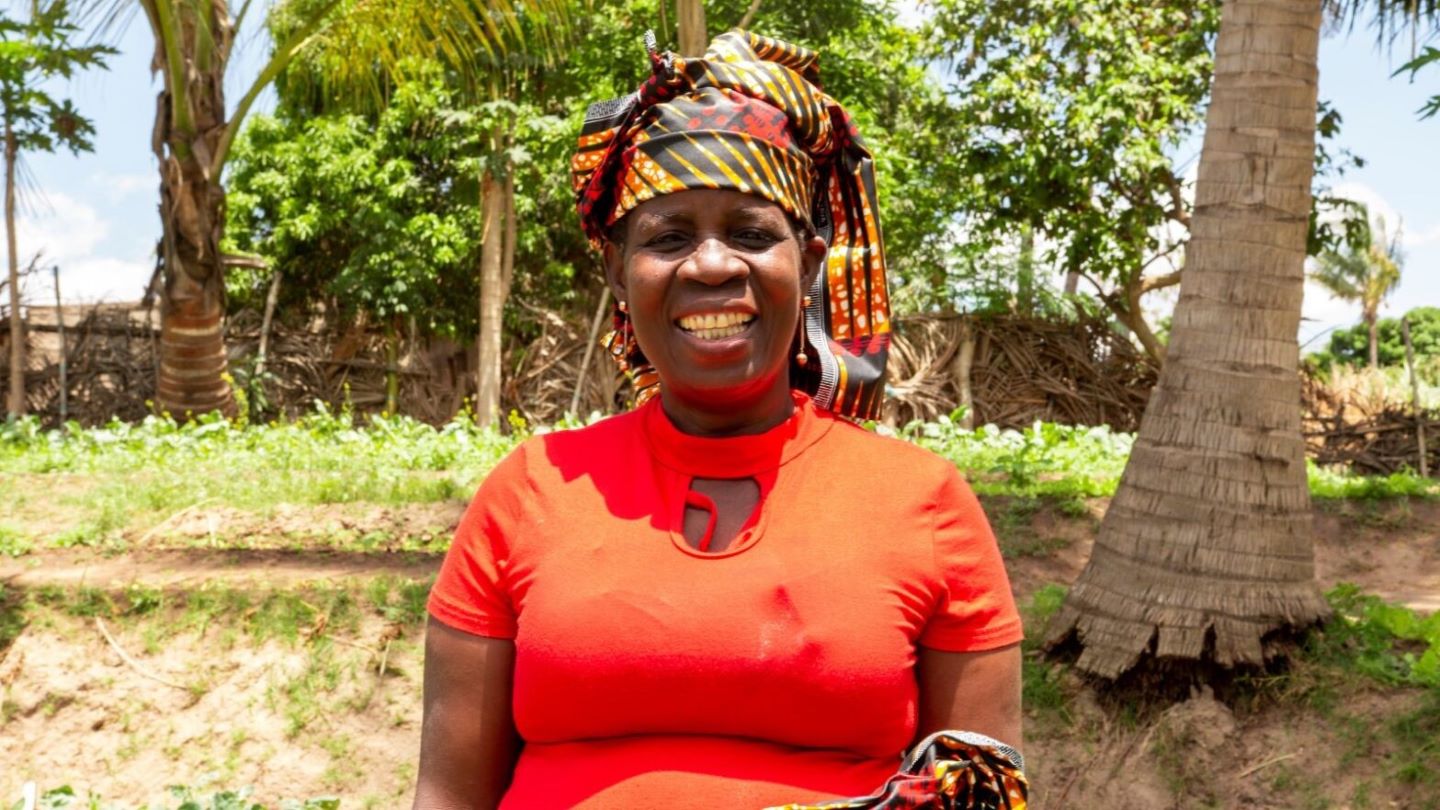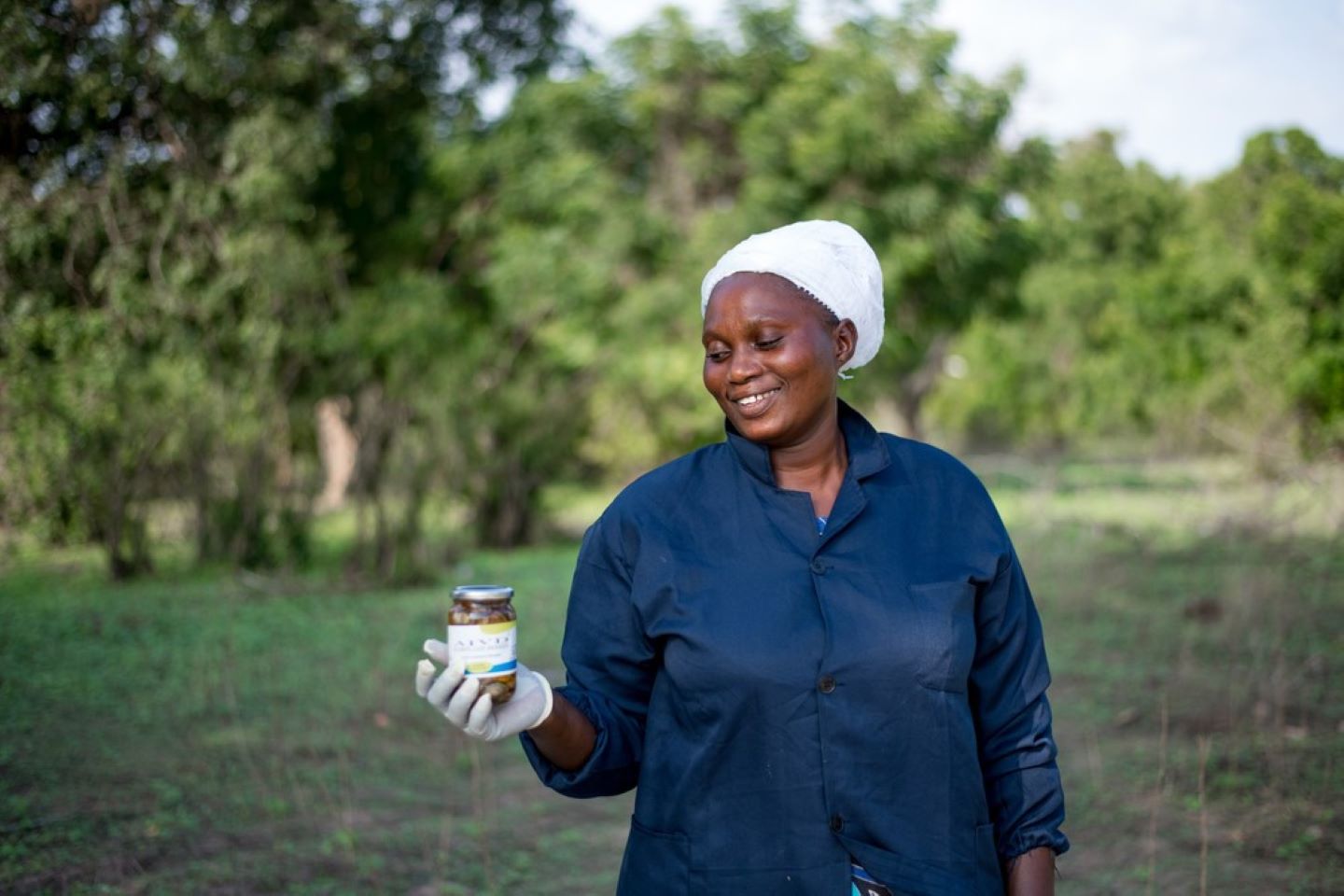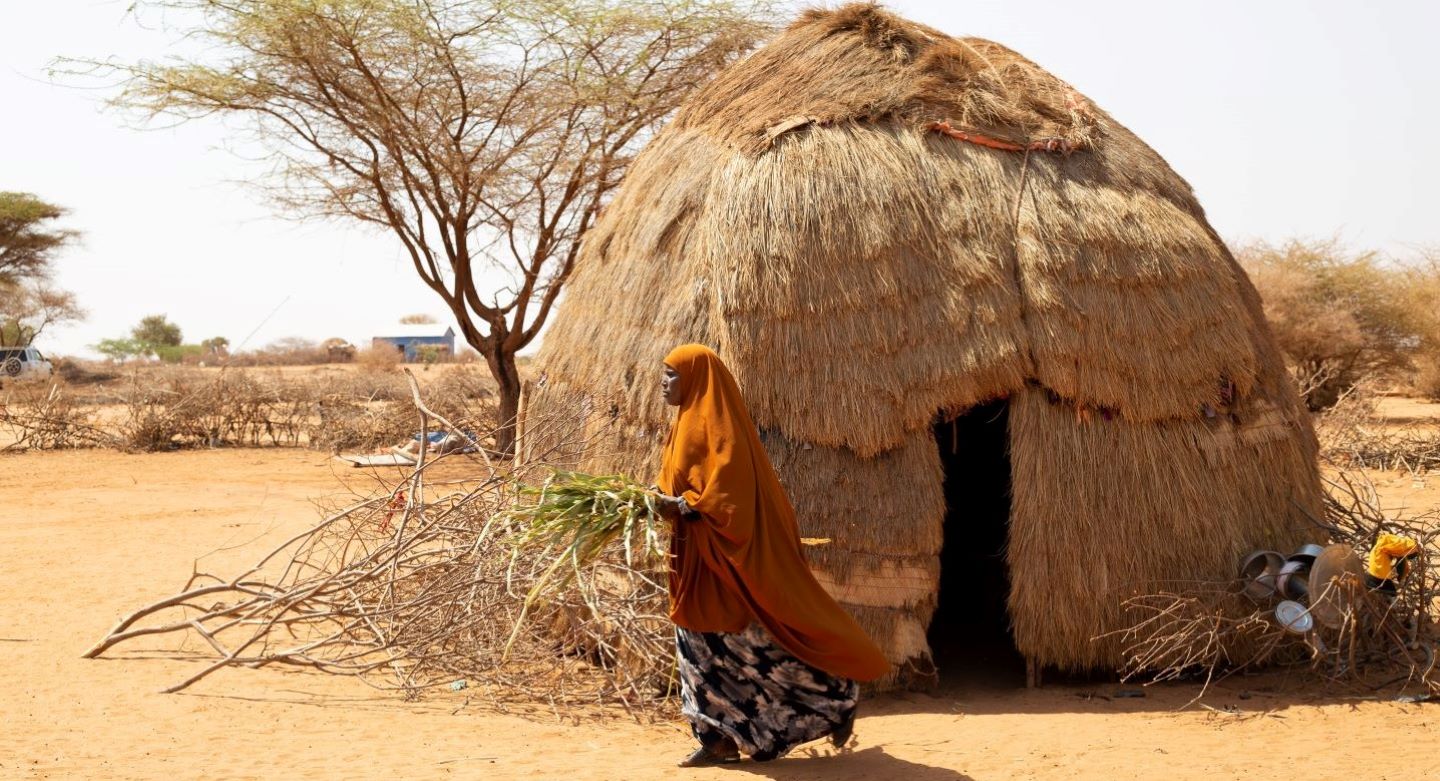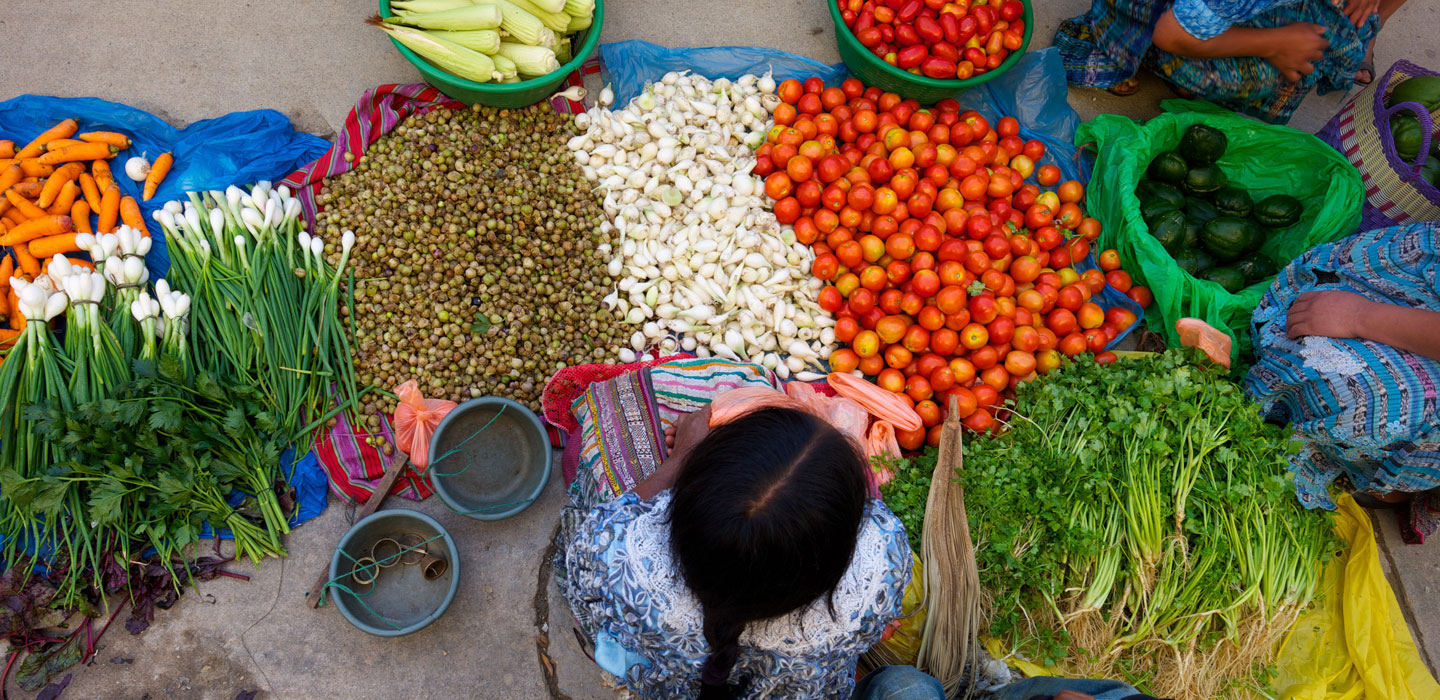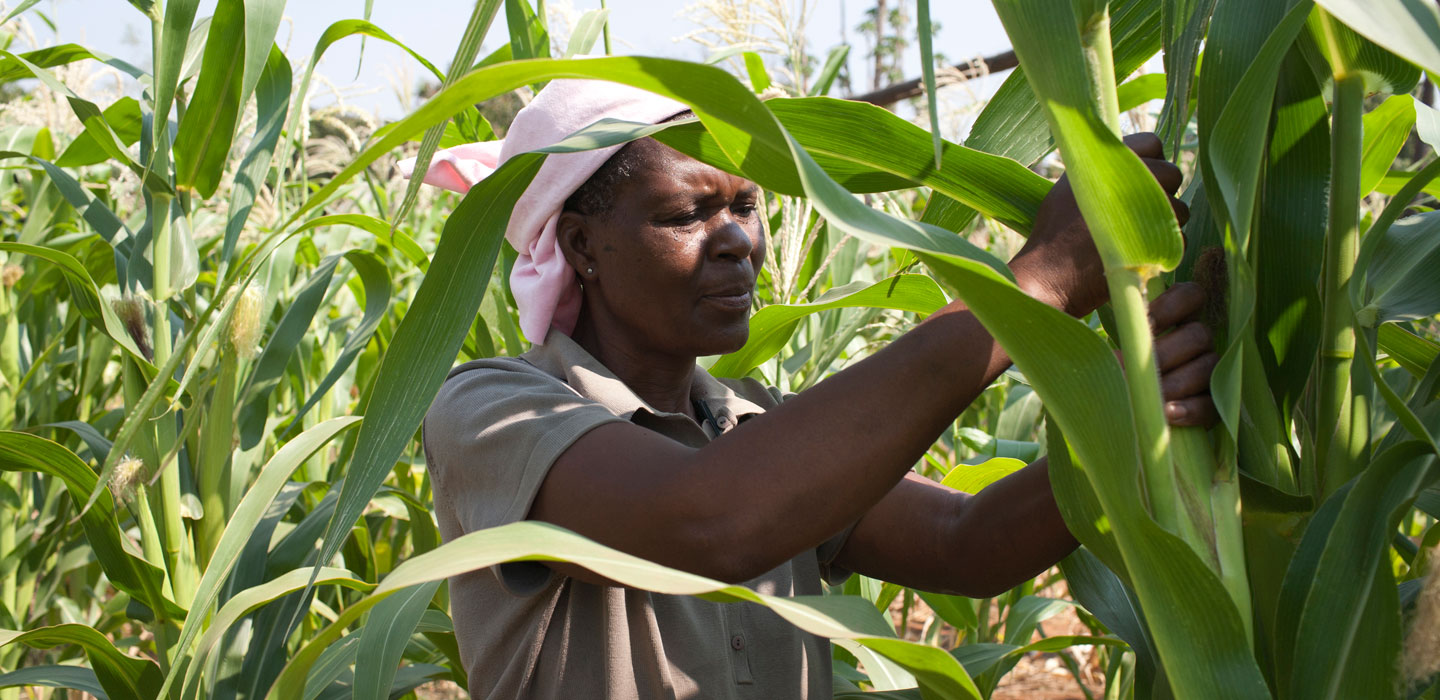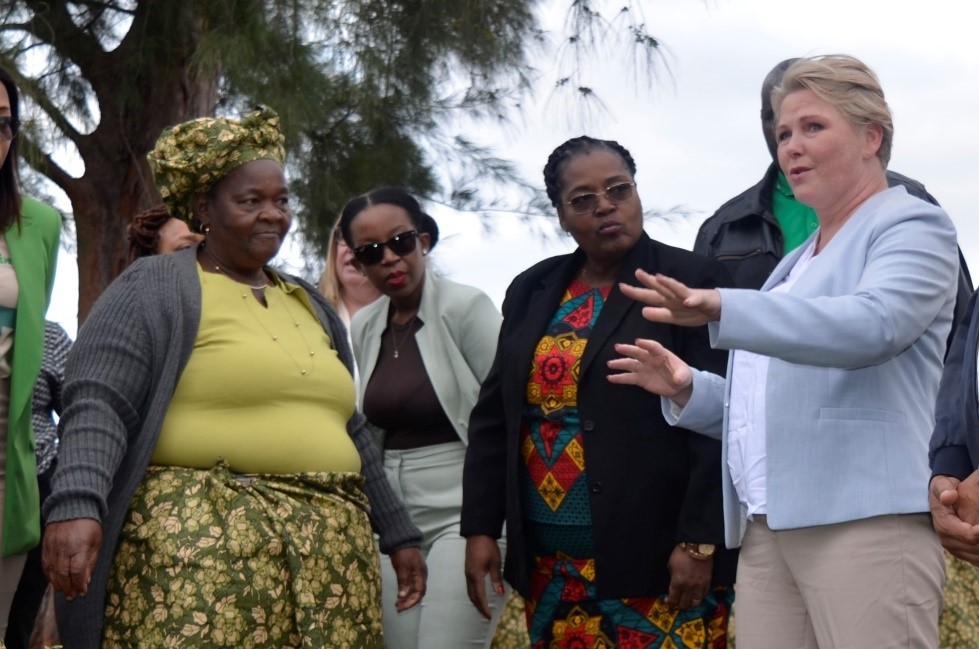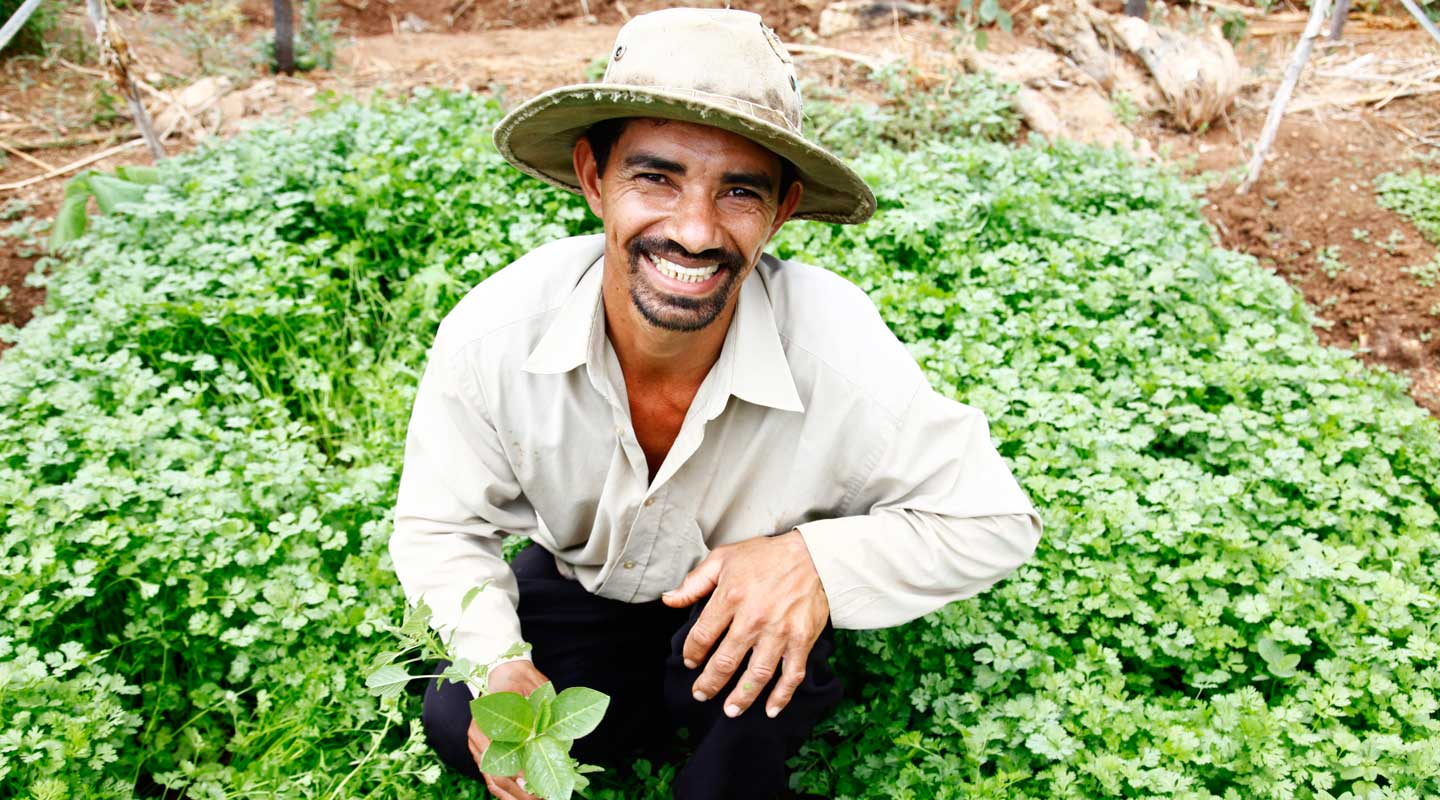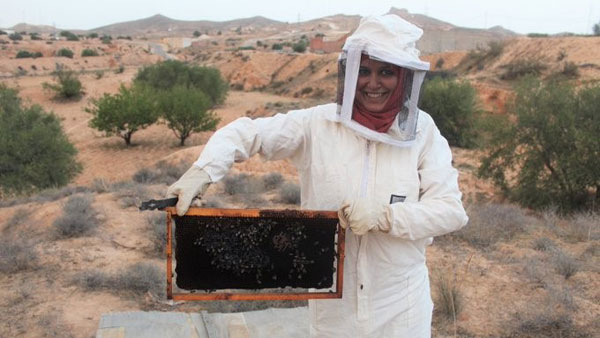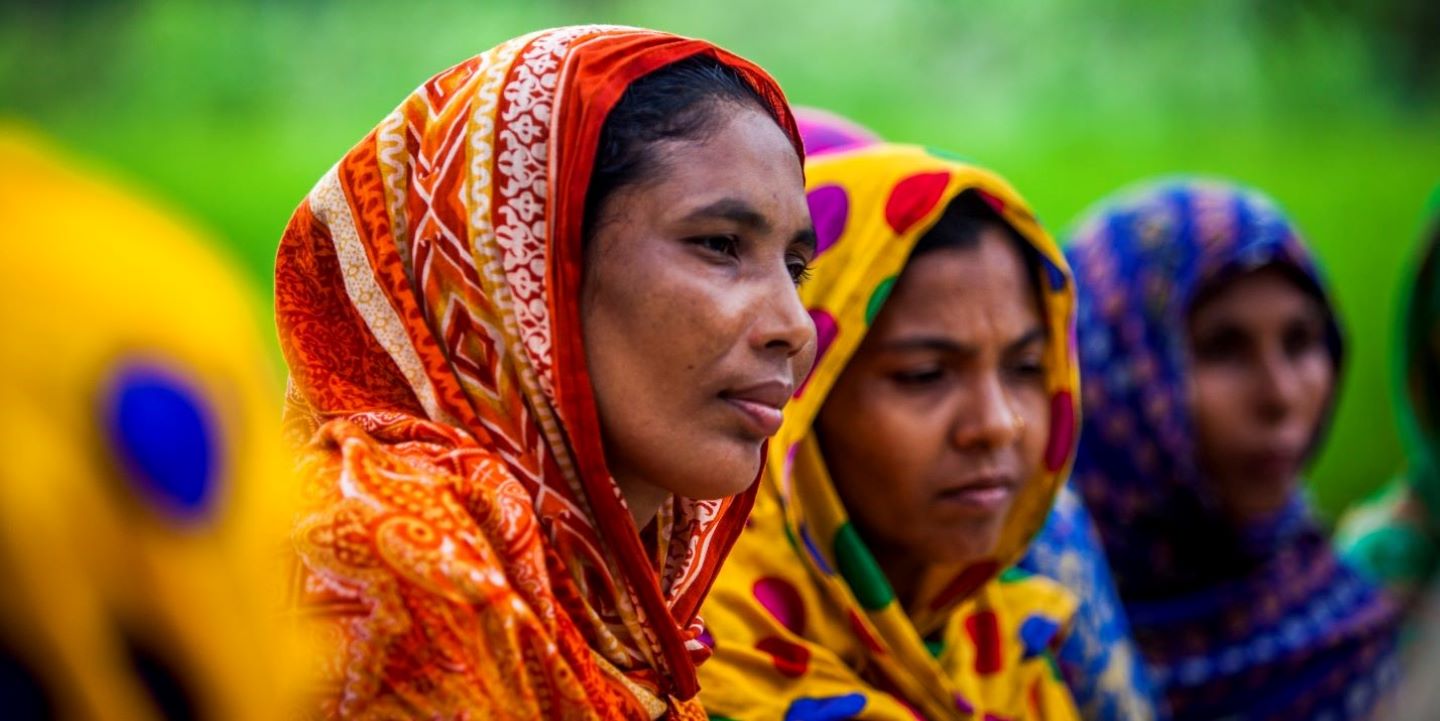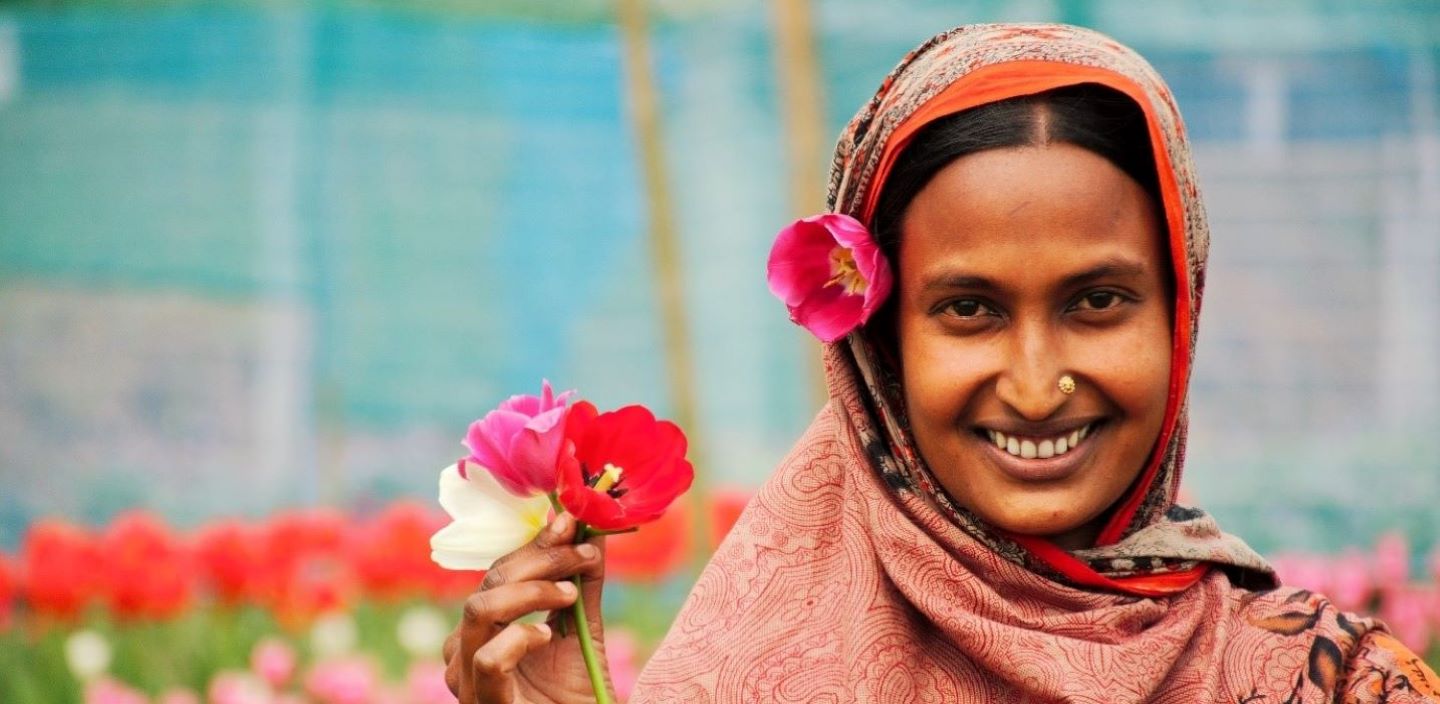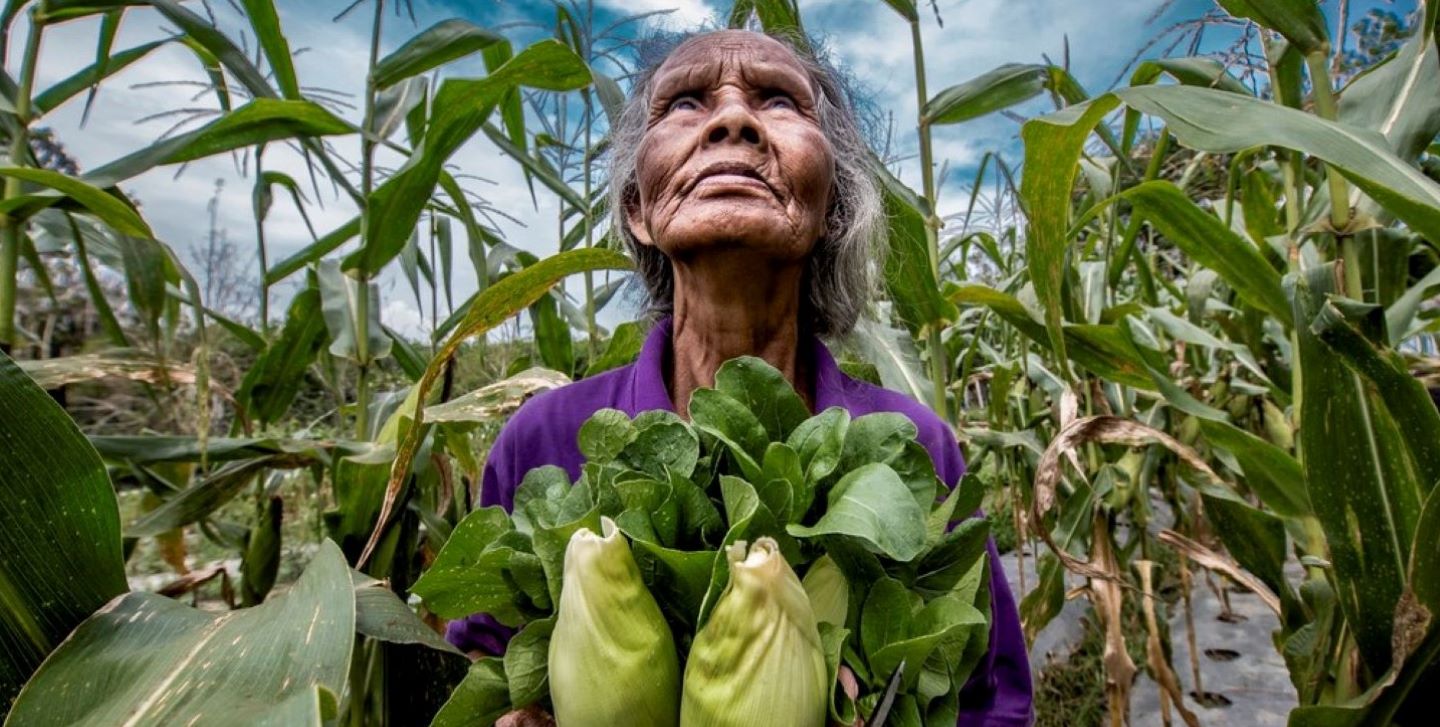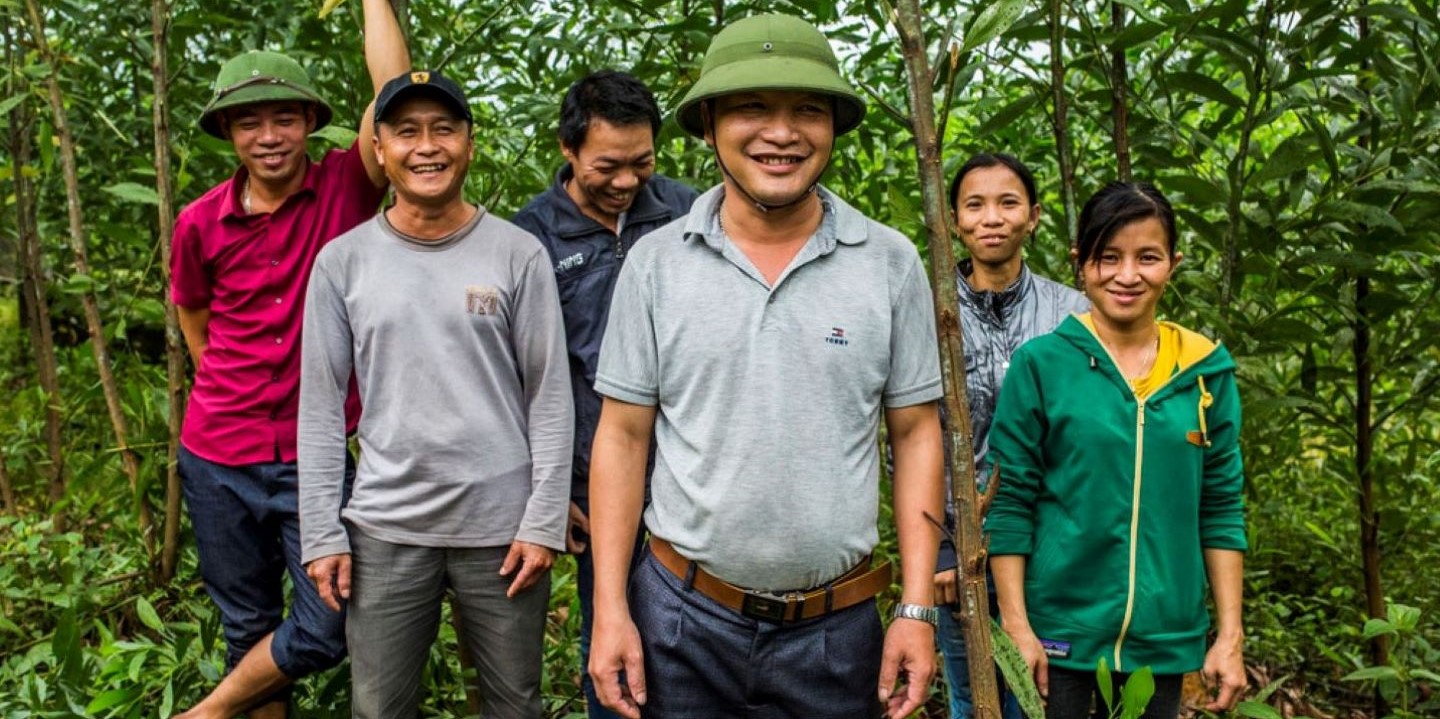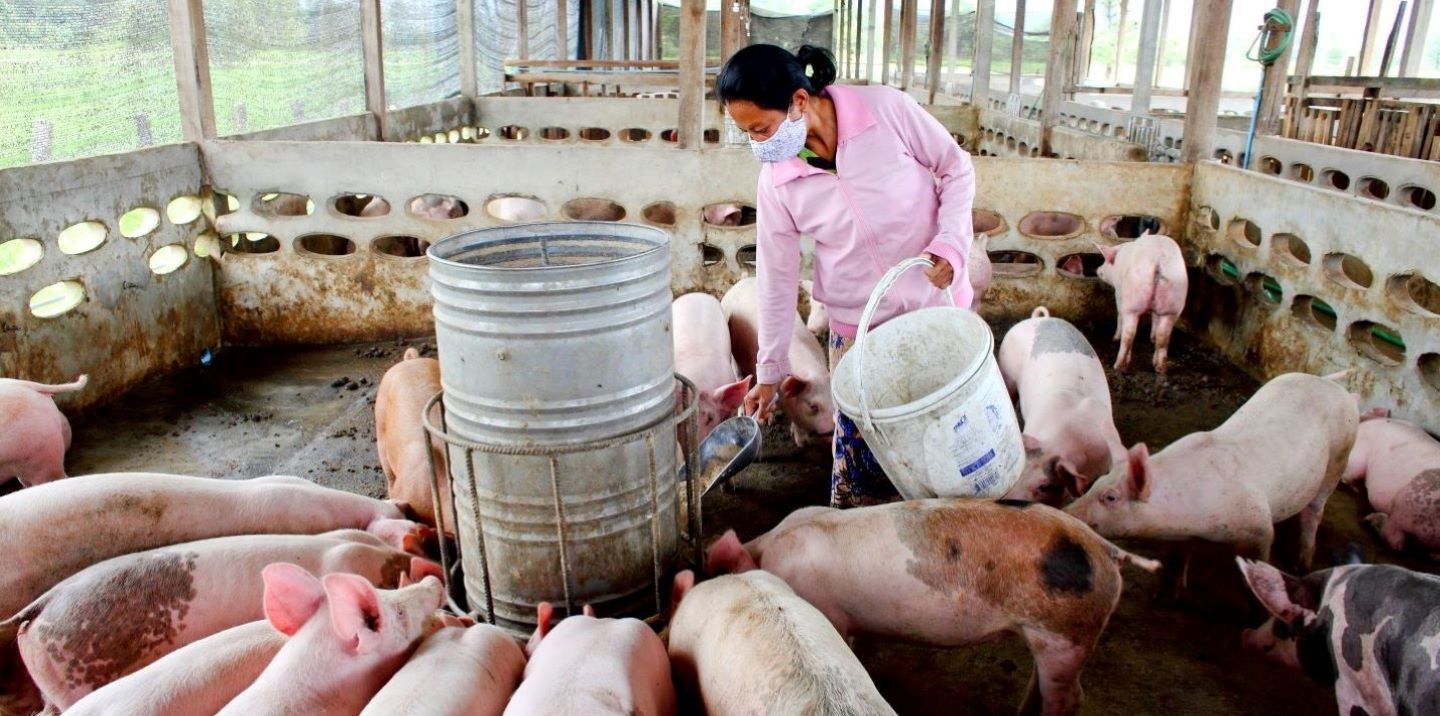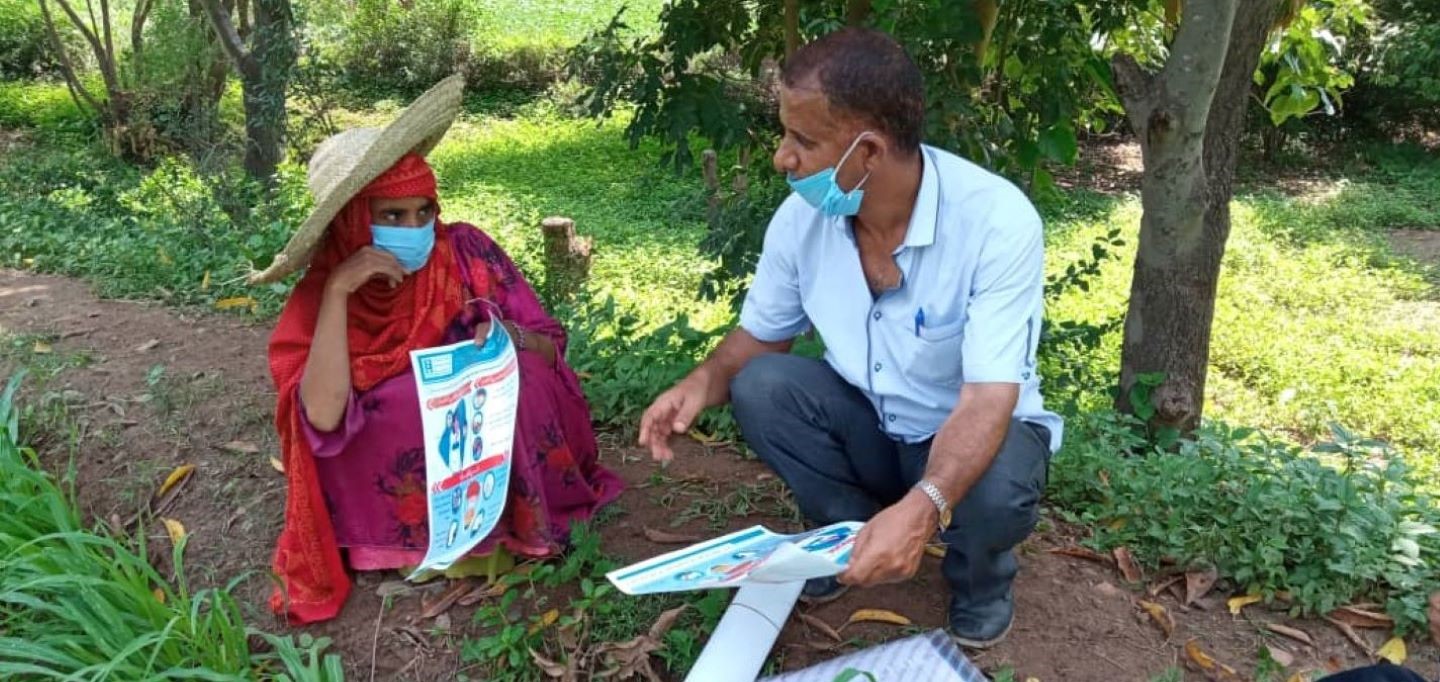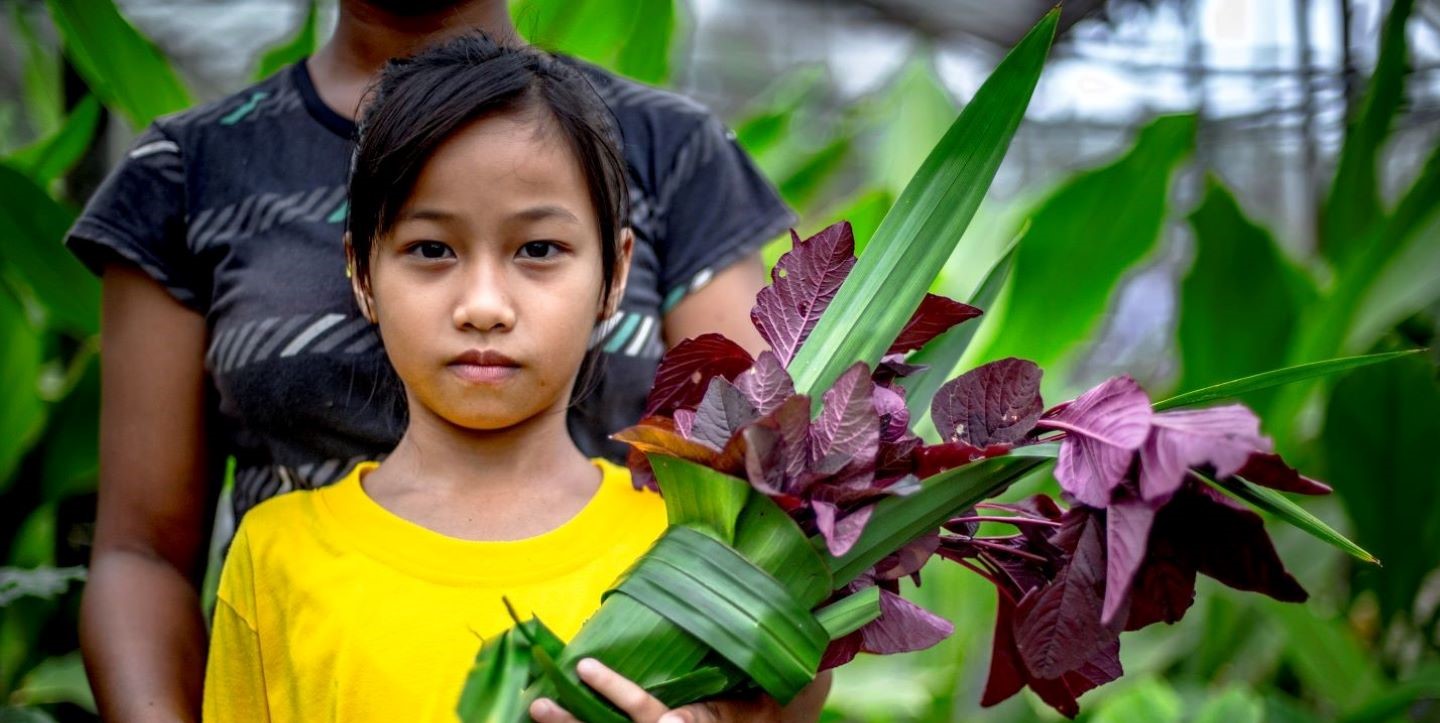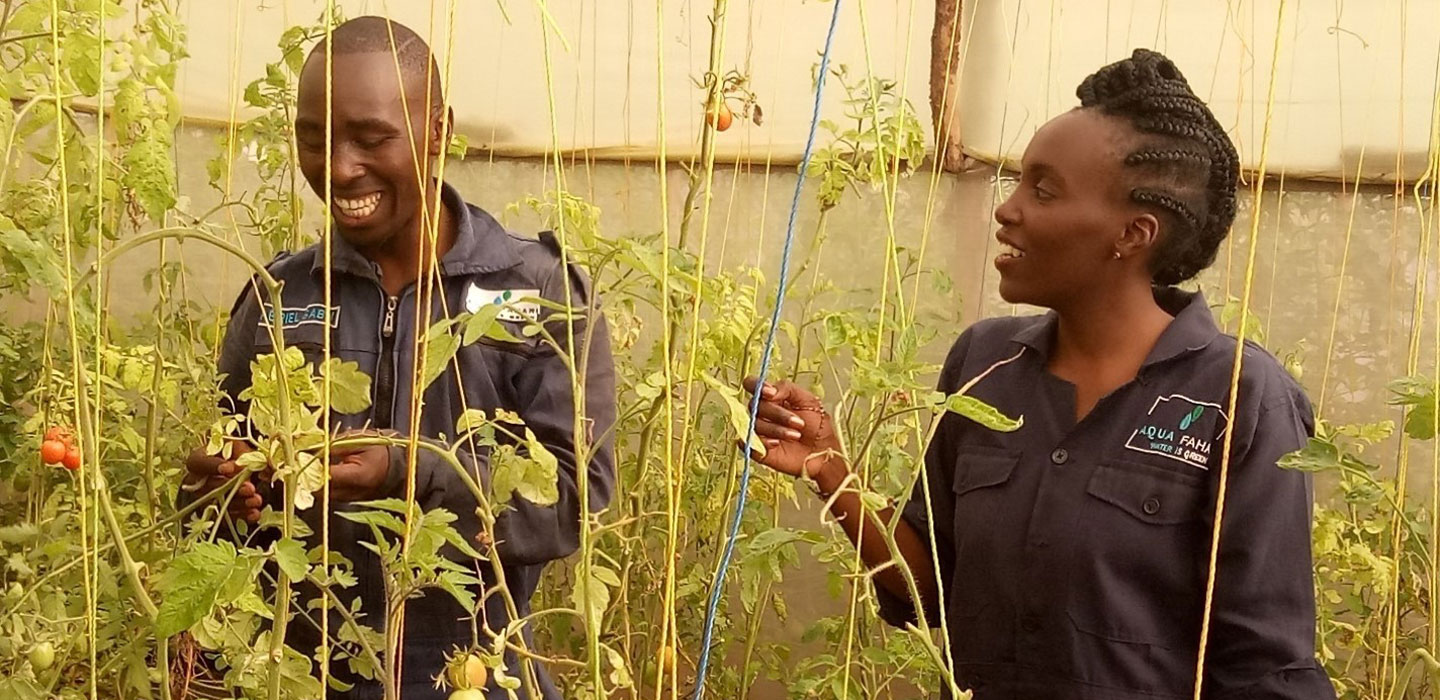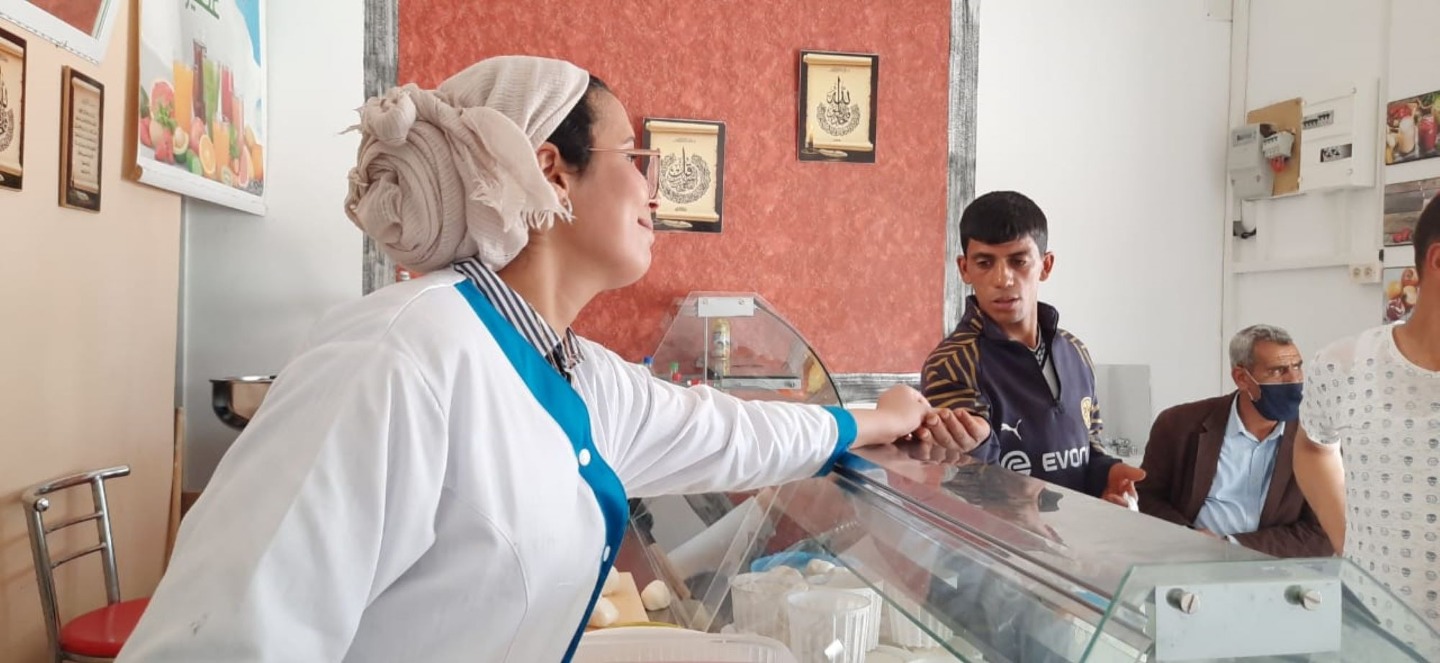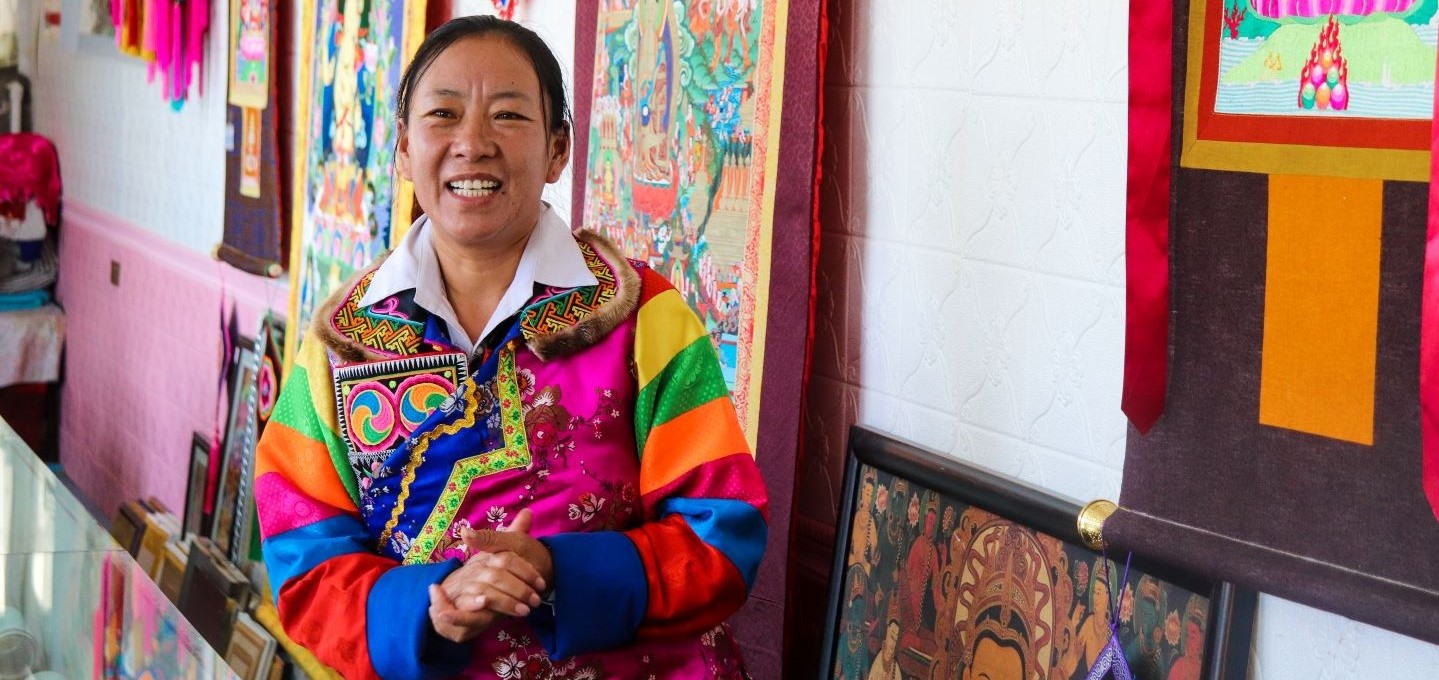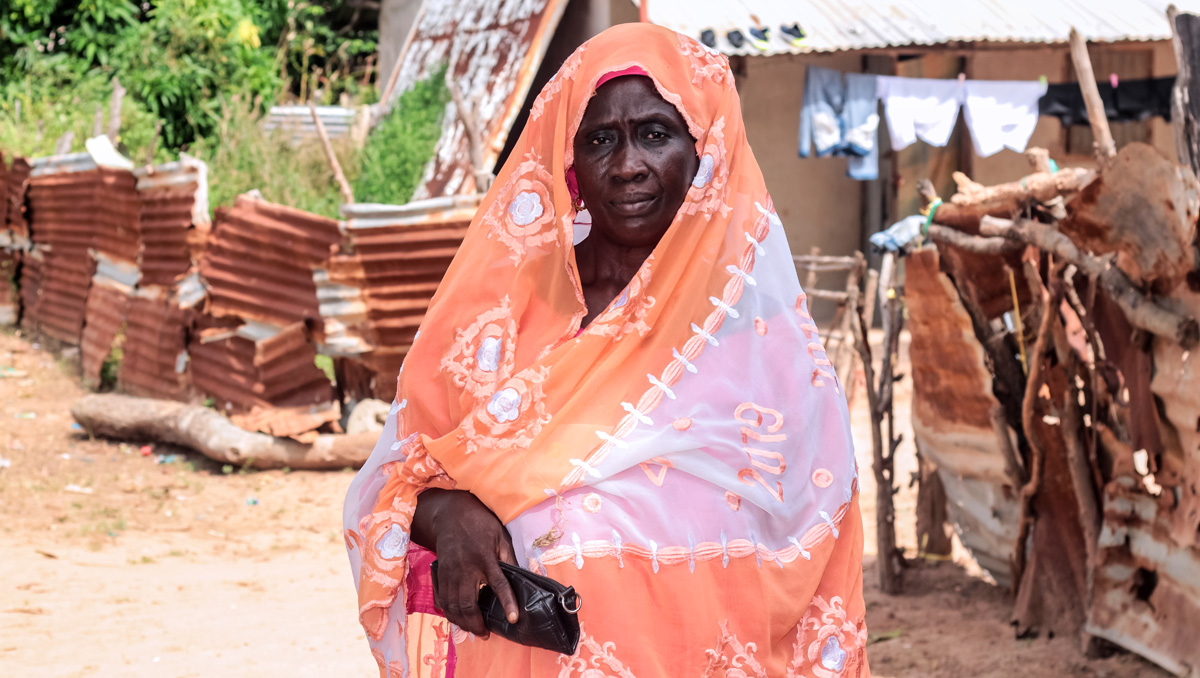Latest
Latest

Latest
Manual Submenu Topics
Search Results Filters
Search Results
In Mozambique, a boost to private sector finance is a boost to rural communities
Financial exclusion is acute in rural Mozambique, and women are disproportionately impacted. Closing the funding gap to catalyse private-sector investment in rural communities can make all the difference.
Rebuilding livelihoods in Afghanistan’s rural communities
IFAD’s Crisis Response Initiative is helping pastoralists in Herat build resilience against crises by training pastoralists in animal husbandry practices, providing veterinary units with equipment and supplying high quality feed during winter months.
Strengthening rural value chains, one link at a time
A well-oiled agricultural value chain allow small-scale farmers to make the most of their produce. That’s why IFAD works with rural communities around the world to strengthen local value chains and overcome the challenges that arise along the way.
The world is not prepared for climate change
For rural people, the climate nightmare is a reality. They urgently need support to adapt to a changing world. To do this, IFAD is issuing three calls to action – find out what they are.
It’s time we treat the transformation of food systems like the emergency that it is
Our current food systems cannot keep up with the world’s growing population – as a result, millions face hunger. Now more than ever, countries must take action to transform how food gets from farm to plate.
Agricultural programmes are key to food security and dietary diversity
Agricultural programmes are key to food security and dietary diversity in rural areas, we must continue investing in them.
Farmers in Mozambique rise to the challenge
Farmers in Mozambique face unimaginable challenges. We must continue to support them if we want to see rural communities lift themselves out of poverty and thrive. Norway's Minister of International Development, Anne Beathe Tvinnereim, shares her reflections on her recent visit to Mozambique.
From the field to our plates, rural people are transforming food systems
Our food systems need to change. Around the world, small-scale farmers, fishers and rural producers are already leading the transformation – here’s how.
Meet the young entrepreneurs fighting to preserve and restore our biodiversity
Young people the world over know that conserving our biodiversity is key to eradicating hunger and achieving a healthy and sustainable food system. Here’s how they’re fixing our broken planet.
A digital divide is holding rural women back. Here is what we can do to change this
Many rural women are excluded from digital services. What is causing the digital divide and what can we do to end it?
From tulips to tomatoes: Technology empowers women in Asia
In Pakistan and Bangladesh women are harnessing technology to connect to the world and build a business, one click at a time.
Rural people in crisis: The latest news from IFAD
Rural people are still paying the highest price for the rise in food, fertilizer and fuel costs. The Crisis Response Initiative was set up as part of IFAD's ongoing efforts to build rural people's resilience to these shocks. Here are selected highlights on the crisis from our teams in the field.
Discovering the fruits of the forests in Viet Nam—and preserving them for future generations
Vietnamese rural people need to farm to eat and make a living. But if they don’t do this sustainably, it can damage the land and degrade the forests. IFAD’s new project helps them manage their forests sustainably, while earning a decent living.
Take a 360° tour of a small, thriving pig farm in the green hills of Lao PDR
In the tiny village of Manh, nestled in the green uplands of Lao, agricultural production groups are coming together to develop their businesses and learn new techniques. For Boun Tham, groups like these made all the difference for his pig farm.
Against the backdrop of conflict and COVID-19, IFAD is helping farmers grow in Yemen
Years of conflict in Yemen have taken their toll – and among all of the devastation that’s been wrought, the country’s agricultural sector is one of the hardest hit. Now, an IFAD-supported initiative is helping Yemeni farmers get back on their feet.
Our planet is losing its biodiversity. Here are five ways IFAD and rural people are protecting it
Biodiversity is the key to all the essential benefits we get from nature: from clean air to our ability to regulate the climate. At IFAD, we integrate protecting biodiversity into everything we do.
Lending a hand – and finance – to young agricultural entrepreneurs in East Africa
We know a thing or two about connecting youth with the financial services they need to start a business – but there’s always more to learn. Here, we reflect on some of our “lessons learned” as part of a recent grant programme in East Africa.
From biotechnologist to artisanal cheesemaker
Ibtissèm’s career in the pharmaceutical industry was off to a strong start, but she put it on hold when her mother fell ill. Back in her hometown in central Tunisia, she needed a new way to support herself and her mother – and then she realized that her skills would serve her well in her town’s bustling dairy industry.
IFAD and UN Women join hands for rural women’s empowerment in China
IFAD and UN Women were each working in rural China, helping women access new opportunities and gain an equal say in their communities. Then the two agencies decided to collaborate, opening up new ways to fulfil their respective mandates – rural development on one hand, and women’s empowerment on the other.
In The Gambia, targeted COVID-19 support helps small businesses flourish
Back in early 2020, when the first waves of COVID-19 were spreading around the world, IFAD launched the RPSF as a multi-donor initiative to sustain rural people around the world during the pandemic. With the RPSF’s help, many were able to start small businesses – and today, those businesses are sustaining local economies and building resilience.
